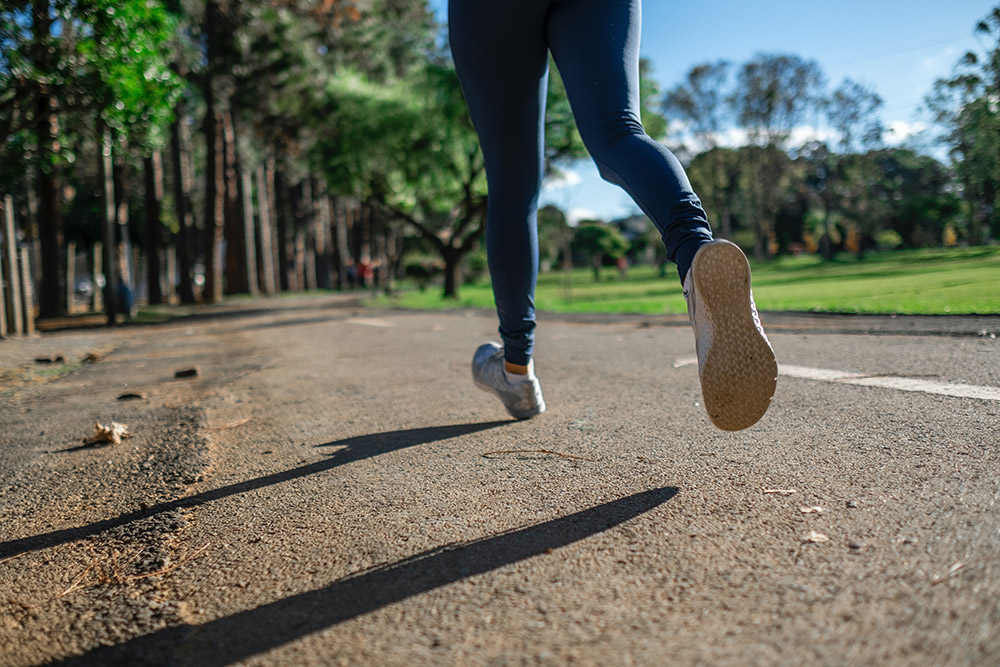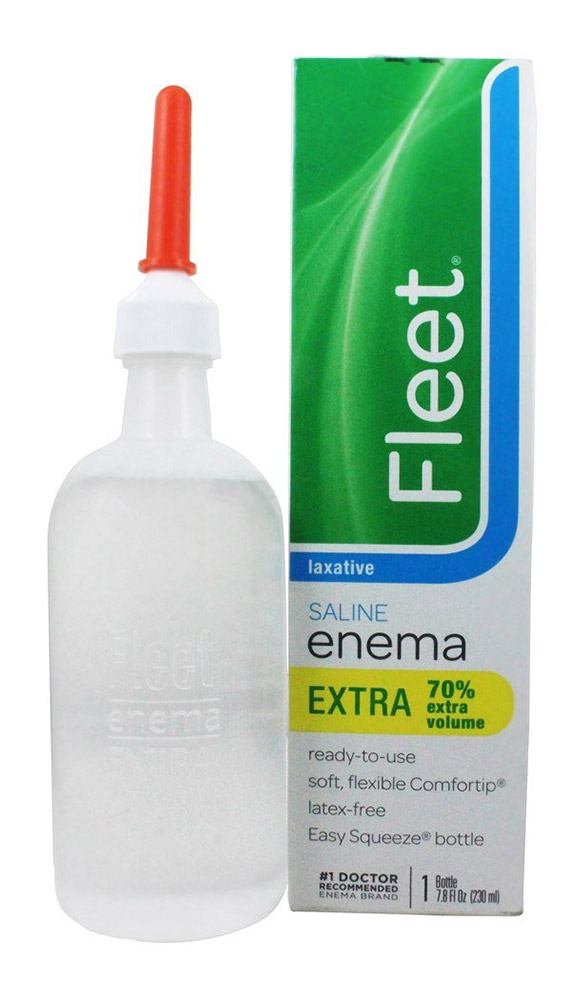5 Top Recommendations before your Hysterectomy Surgery
Let’s look at five important factors that can impact your recovery from hysterectomy surgery and can make it a little more bearable.
These recommendations are not absolute recommendations for all patients. They are general recommendations and later in your medical consultation each suggestion must be individualized, it must be taken into account separately.
Here are the five recommendations before a hysterectomy.
The Specialist
The first recommendation has to do with choosing the right specialist. This procedure is usually done by general surgeons, obstetrician-gynecologists, and gynecologist oncologists. However, try to go for it with the specialist who is most related to the pathology that you are presenting.
It is always important to talk with your surgeon about the different types of approaches they can choose to perform a hysterectomy. And take into consideration your build, your abdomen, the desires you have, and the background. After taking into account all these points, it can only be decided which type of approach is the best for your case. Whether abdominal, laparoscopic or vaginal.
Physical Activity
Another important recommendation is physical activity prior to surgery. It is crucial, to be honest about how much exercise you do. If you usually exercise every 15 days or once a month or do not have physical activity at all.
This issue is important because after the surgery you will have certain discomfort at the pelvic and abdominal level and the breathing will not be the same. The lung capacity will not be the same. Your recovery will be affected if you don’t keep your body active.
If you do not exercise, or do any type of physical activity, then at least a month before, at least 15 days before the procedure, you should try to take a 20 to 30-minute walk. If you already do physical activity and if you can run instead of walking, then much better. But you should try to do some physical activity to improve your cardiovascular conditions that will undoubtedly be a benefit for the recovery after your surgery.
Healthy Diet
The third one is to improve your diet, at least 15 days prior to surgery you must have a healthy diet. In the days leading up to surgery, it is vital that you reduce the amount of junk food you may eat.
Everything that is fried, street foods, like hot dogs, hamburgers, all that, try to reduce it to a minimum for at least 15 days before the surgery.
Also, try to eat a high-fiber diet.
Fleet Enema
Number four is to use an enema. There are patients who may suffer from constipation prior to surgery and therefore the aforementioned change in diet is important.
Changing your diet or having a diet rich in fiber can impact your solution to constipation prior to surgery. If despite following a proper diet, you still have constipation before surgery, it is advisable to have a fleet enema. In such a way that by the time the surgery is performed, the rectal blister or rectum is empty and you have better conditions for the surgical intervention.
This is not a rule for all patients since it is not that it is impossible to do a hysterectomy without having previously placed an enema. However, if the rectal ampulla or rectum is full of stool, this can sometimes be an inconvenience or it can be uncomfortable at the time of surgery.
Hemoglobin level
Last but not least is to maintain good levels of hemoglobin, hematocrit.
As abnormal uterine bleeding is one of the main indications for hysterectomy, it is not uncommon to have low levels of hemoglobin, hematocrit. However, we must pay great attention to it and try to do everything possible with medications, folic acid, iron, and sometimes, if the case requires it, transfuse prior to surgery.
You have to do everything possible to go to this surgery with a normal level of hemoglobin, the ideal would be to have levels between 12 and 16 however when it is above 10 this intervention can be performed without problems.





